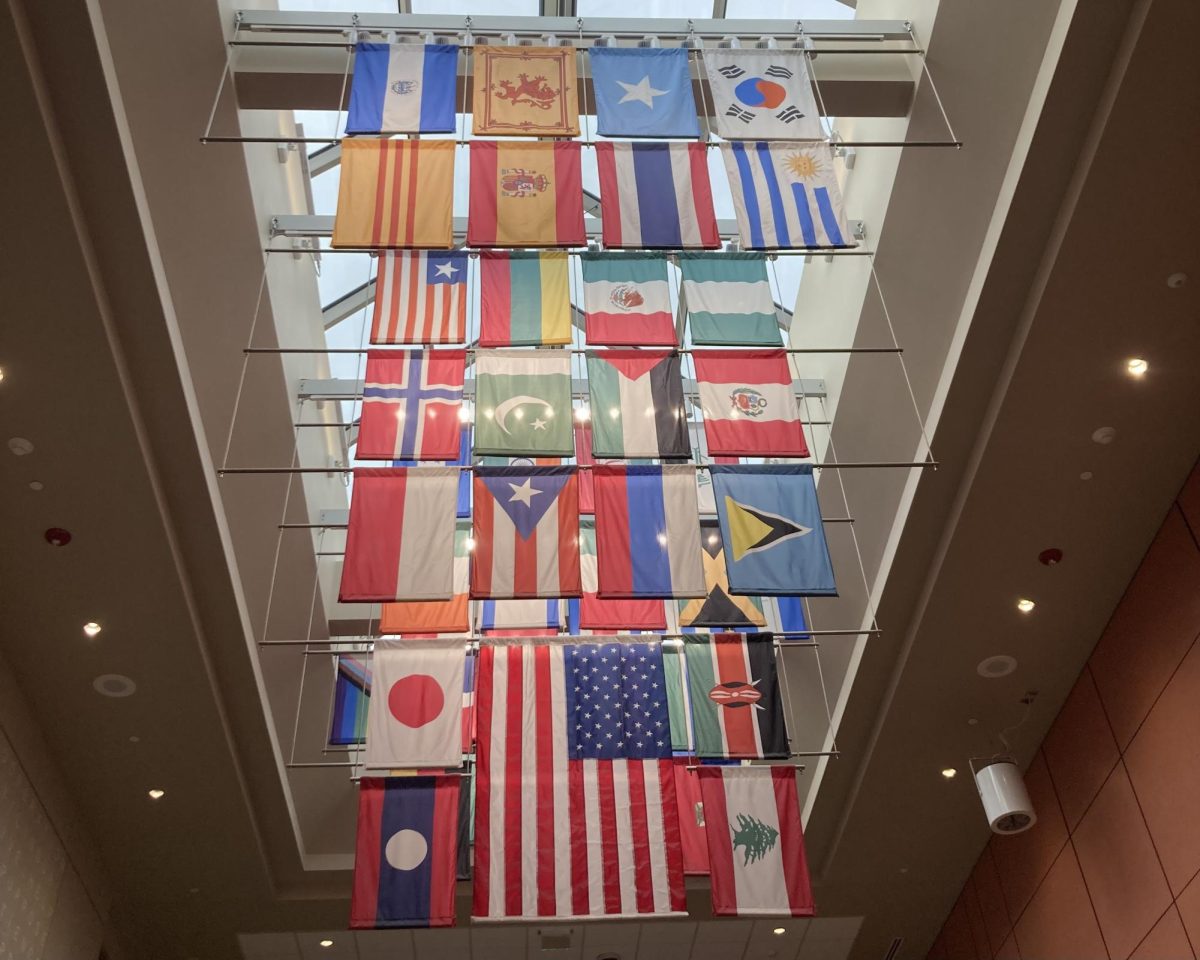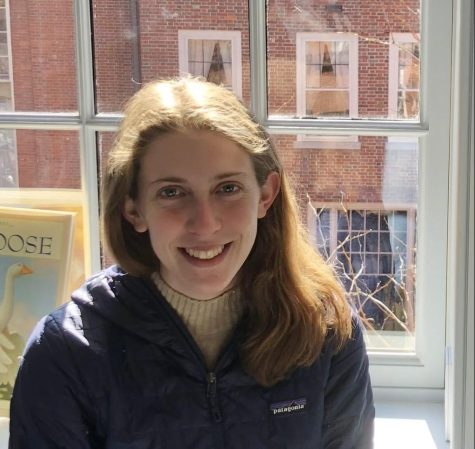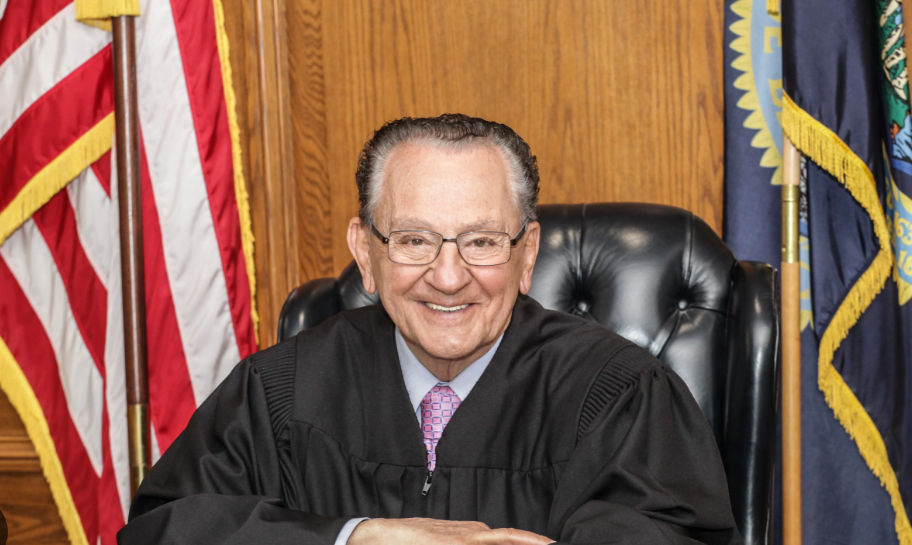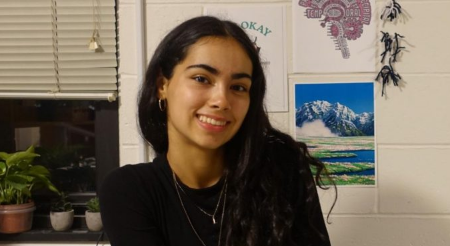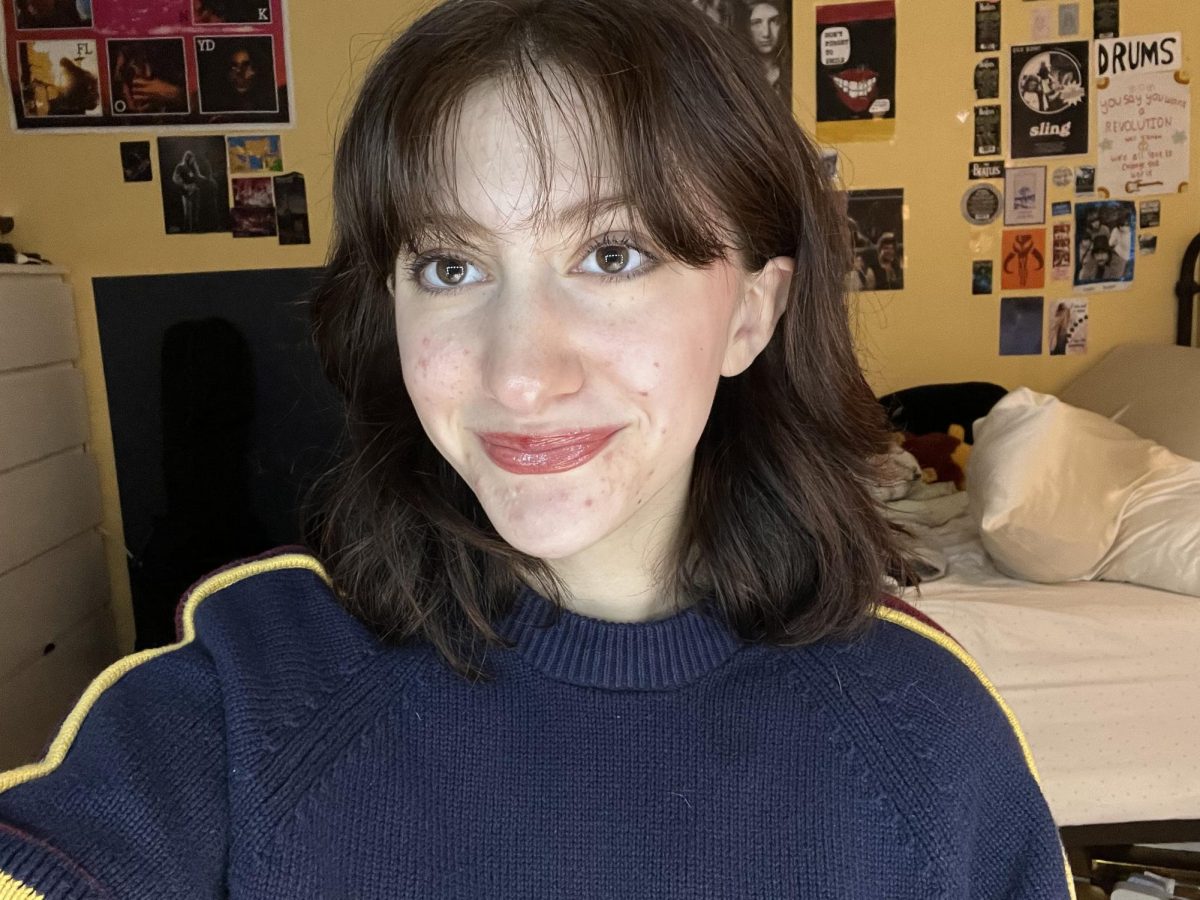Spanish, Portuguese, and other languages fill the hallways, classes, and lunchrooms at South. And every year, at the International Show, students enthusiastically showcase their backgrounds and cultures to an engaged audience of peers. Many of these students were born in other countries; some have only moved to Worcester and South within the last few years.
As South’s population increases, there are more immigrant students at school. Their experiences reflect the perspectives of the South student body. Read more about South’s population increase here.
From hearing the different reasons their families moved to Worcester, to understanding the complexities of living in a new country, the perspectives of immigrant students demonstrate ways that South interacts with its students—and how the school could improve its connections to them.
Moving From Brazil
Bernardo Pena dos Santos ‘26 is from Belo Horizonte, Brazil. He, his parents, and his sister moved to Worcester in May 2022, though he had known they were planning to move to the US since 2016. Still, it all happened “very fast,” he said. “We went to get our visa one month, and then the next month, we were here already.”
His family came to the United States on a study visa, so his mom could study English. “She works at a bank in Brazil,” he explained, “and if she knows English, she’ll have better opportunities at her job.”
Because of their study visa, none of Pena dos Santos’ family can work in the US—his father works remotely at his job in Brazil. Their family had been saving up money to live in the US for several years.
“My mom says everyday that she wants to go back to Brazil. Me personally, I don’t want to. . . live in Brazil anymore,” Pena dos Santos said. “It’s weird to say that, but yeah.” He feels that he will have more opportunities in the US; he wants to go to college here, which would also allow him to extend his visa. He misses his friends, family, house, and dog in Brazil, though.
In Worcester, he says the Brazilian community is valuable. “When you get here, you’re kind of lost. . . . And then a Brazilian that knows English, who helps you on your first day? . . . It makes a huge difference.”
He wishes that the general South community could be more inclusive, however. “Sometimes, I kind of feel like they exclude us—not because they want to, but because they don’t know how to approach the new students who don’t know English,” he said. For example, “when they announce math team [on the announcements], there are some Brazilians who are good at math, but they don’t know English. How will they know about math team if they don’t understand the announcements?”
From Colombia to Worcester
Like Pena dos Santos, Valentina Barreto ‘24 thinks a more supportive environment would be helpful.
Barreto ‘24 immigrated to Worcester from Bogotá, Colombia, in April 2022, with her mom and brother. The rest of her siblings and her dad are still living in Colombia.
“Colombia is having a really hard time right now,” Barreto explained. “So my mom and I decided to come here, because we didn’t have money, we didn’t have food; we were having a really hard time there.”
Barreto graduated from high school in Colombia in 2020 and was attending community college to study business. Her original plan was to move to Spain alone and study there, but she couldn’t travel because of the COVID-19 pandemic.
Soon after learning that, Barreto’s aunt asked Barreto and her mom if they would want to come live with her in Worcester; so, Barreto, her mom, and her brother moved to Worcester. “Everything happened in just one week,” Barreto explained.
When she moved to Worcester, Barreto took an English placement test and “the test was really bad,” she said. “So they put me [in school] again.”
The move to the US was a huge change. “I had my life in Colombia. I had my friends, I started college, and [I had] my family, my work—everything I had was there,” she explained. “And I come here and have nothing. I started school again, I had to try to learn a new language, make new friends. . .”
Additionally, “I have experienced a lot of racism here, just because I speak Spanish and I have an accent,” said Barreto. “Like for real, I don’t speak Spanish when. . . I go outside, because I’m scared people [might] scream, ‘go back to your country,’ or ‘learn English,’ or stuff like that.”
Despite the challenges of living in the US, though, Barreto wants to stay here after high school; there are better economic opportunities here, and as a woman, she feels it is safer here than in Bogotá.
As a senior, she is applying for colleges in the United States. “I feel really scared, because I just got here a year and a half ago, and I don’t have enough money for college, so I need to find a scholarship,” she said. “I’m an immigrant. So that’s different for me. I can’t just apply for a scholarship. I need to find a scholarship for immigrant people.”
Space for Experiences and Community
Barreto and Pena dos Santos both wish that South offered more resources to immigrants. Pena dos Santos explained how he helped other Brazilians he knew register for the South soccer team, telling them about Family ID and how to complete it. He wished that South could do a better job spreading information like this, especially to non-English speakers. He feels that this would better allow new students to be part of the school community, even if they don’t all speak the same language.
Beyond helping immigrant students to feel part of the greater South community, Barreto thinks that there could be more support specifically for immigrants, “a safe space” to share their experiences and challenges.
“We need more people who know how we feel,” Barreto said, “how hard it is to come to a new place and learn English, how alone we feel in stuff like that.”
By better engaging immigrant students, South could help them feel more included and supported at school, ultimately expanding and strengthening South’s community.
“We need the space to feel that we are not alone,” said Barreto.

